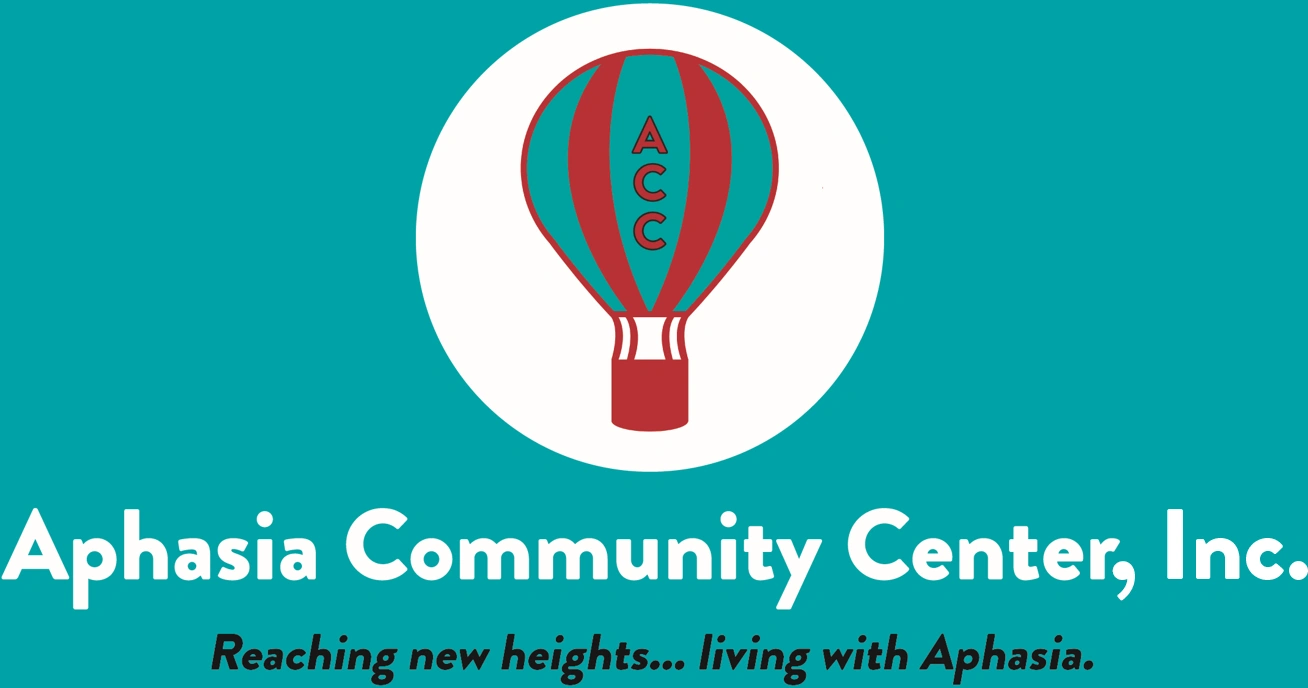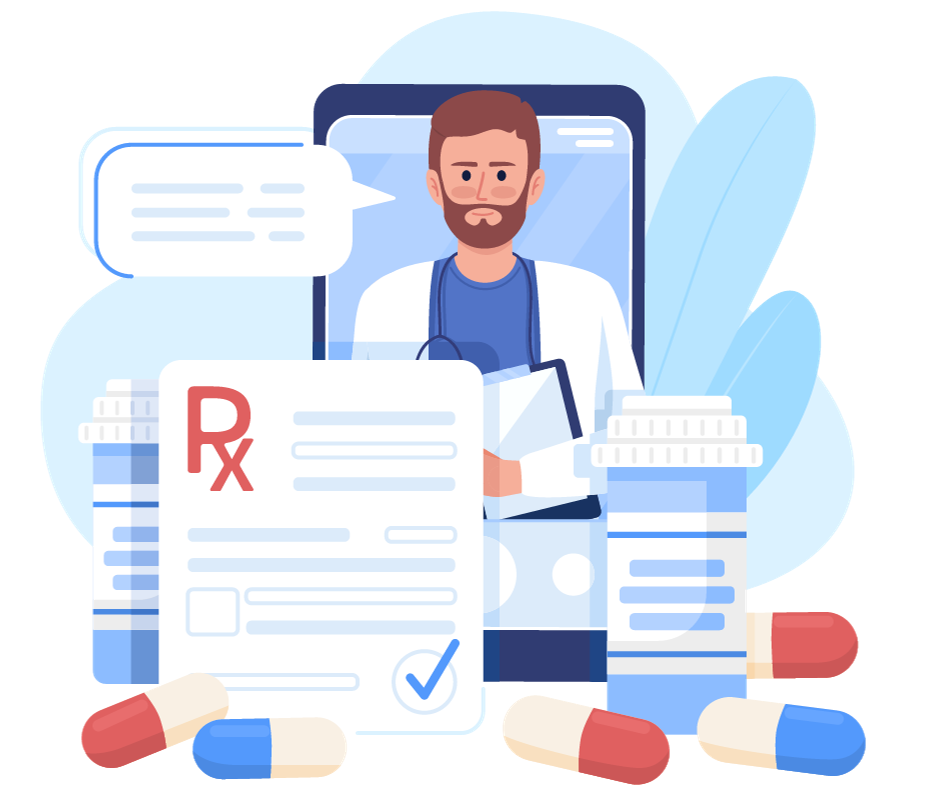Navigating medical appointments with aphasia can be difficult. The visits involve medical jargon, and the person with aphasia may feel rushed during the appointment. No matter what emotions one may have concerning a doctor’s visit, there’s good reason to keep going: medical visits are vital to a healthy life. Fortunately, one can be proactive and make the most of a doctor’s visit. These steps will help to put the person with aphasia in control, providing quality involvement and personal independence.
Preparing for the appointment
- You can reduce the stress of a rushed appointment by making two back-to-back appointments with your co-survivor. That way, if one appointment runs over, there is still time to answer all your questions. Not only that, but your caregiver, a family member, or a friend can help with communication, take notes, and listen to the doctor to help you remember what is said later. Other strategies include asking for the last appointment of the day or a longer appointment.
- It is beneficial to contact the doctor’s office ahead of time and inform them about your aphasia and any physical limitations. This allows the office to make accommodations if necessary.
- Before the appointment, you should write down a list of questions and concerns. Prioritize the ones you need to cover in the appointment. Write down a script of how you are doing. Research beforehand. Practice your script and questions.
- You can prepare information ahead of time. Here is a downloadable Medical Sheet from the Aphasia Recovery Connection to help you prepare: Medical Sheet. The National Institute on Aging has Talking with Your Doctor Worksheets that include tracking your medications and prioritizing concerns with your doctor: Talking With Your Doctor Worksheets | National Institute on Aging (nih.gov)
During the appointment
- Stay focused on why you are at this particular appointment. It is easy to get sidetracked and lose precious time.
- Guide the conversation by being honest and transparent about your physical and verbal abilities. You may have to educate the staff about aphasia and how to communicate with you. Make suggestions that will help you. For instance, ask the doctor to provide a written appointment summary.
- It would help if you used every communication tool you use. Pointing to the pain locations, yes/no head movements, gesturing, and using pain scales (assigning a number to the pain level) are essential communication tools for everyone. Pictures, such as a photo of your medications on your phone, are helpful and convenient. Links on your cellphone to medical records are beneficial. Bring Google searches or printed information to illustrate your questions and concerns. Augmentative and Alternative Communication apps with prepared scripts or a whiteboard with dry-erase markers are acceptable. Communication boards with vocabulary focused on hospital and health-specific vocabulary can facilitate communication. Lingraphica has free downloadable boards: Free Communication Boards – Lingraphica.
- The Aphasia Recovery Connection has something similar called Talk Tools: Talk Tools | Aphasia Recovery Connection.
- The decisions you make with your doctor must meet your needs. Speak up if your doctor’s diagnosis, treatment, recommendation, or drug prescription doesn’t feel workable for you. Discuss the risks, benefits, testing and treatments, other options, and preventative things you can do. And be sure you understand those decisions. If you don’t, ask questions until you do. Ask for more details using pictures, brochures, or written materials that you can take home and read later. Be sure you understand.
- If you run out of time, have a plan to get the rest of your questions answered. For instance, schedule another appointment, or ask if you can email the doctor. In addition, you might be able to talk to an assistant or nurse.
After your appointment
- Review your appointment with your co-survivor or caregiver. Review their notes and your written resources. This will help you remember the decisions and why they were made.
- Learn how to access your medical records to track test results, diagnoses, treatment plans, medications, and prepare for your next appointment.
- Remember that excellent sources of information can come from nurses and pharmacists.

